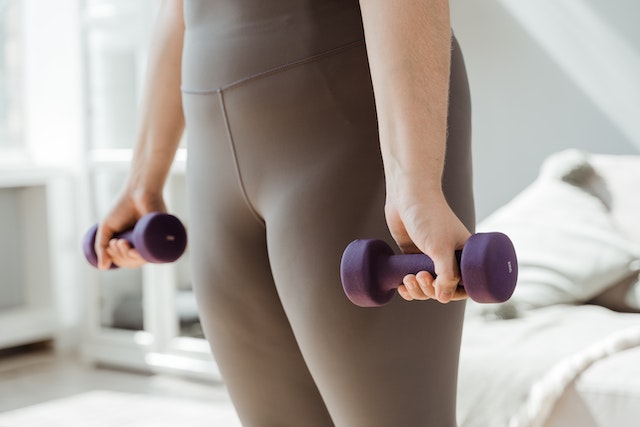Enjoy a longer and more vibrant life
Getting old doesn’t have to mean growing slow or falling ill. Active aging invites us to rethink each decade and experience the many aging-related benefits that come with physical exercise.
Active aging: the missing wellness link
“A lot of the negativity we associate with aging—weight gain, loss of mobility and independence, and chronic diseases like diabetes and heart disease—are not actually due to aging,” says Emily Johnson, founder of a seniors’ fitness education program. “Inactivity is the real culprit. Aging doesn’t equal chronic disease. Inactivity equals chronic disease.”
And there lies the rub. Seniors need 150 minutes of physical activity a week, but only 19 percent of those aged 50 to 64 hit those targets. The number drops to 15 percent in the 65- to 79-year-old bracket.
The game-changing benefits of active aging
1. You’ll live longer
In a study of adults ages 40 and older, meeting the recommended amount of weekly exercise added nearly 3 1/2 years to an individual’s lifespan. Even those who exercised less than the recommended amount still reduced their risk of early death by 20 percent.
2. You’ll think more clearly
“Exercise jumpstarts the brain’s cleaning and rebuilding process known as autophagy,” says Dr. Scott Noorda, DO. The result? Improved memory, clearer thinking, and a reduced risk of dementia. Active aging has even been shown to increase the size of the part of the brain required for memory.
3. You’ll unlock real health
Dr. Marc Bubbs, ND, says that active aging tackles many of the major health challenges facing older adults. “It improves blood glucose control,” says Bubbs, noting that high blood sugar levels are linked with an “increased risk of cardiovascular disease, cancer, and all-cause mortality.
The best time to start is today
“It’s never too late to get active,” says Johnson. In one study, those who didn’t become physically active until they were middle-aged or in their senior years still saw significant health improvements.
First, pick a motivating goal.
“As we get older, exercise becomes less about [appearance],” says Johnson. “Instead, exercise helps to maintain independence, like being able to cook, going to lunch with friends, or lifting a grandchild.”
What is one thing you want to keep doing as you get older? Or perhaps there’s something you’d like to start doing? “Once you have a powerful motivator, exercise won’t seem like a chore,” notes Johnson.
Then, choose a fun physical activity that gets your blood pumping. Life’s too short to take a fitness class or go to a gym that you don’t enjoy.
“We don’t have any control over getting older, but we can control how we move,” says Johnson. “If you lift weights, your muscles will respond. If you go for a brisk walk, your heart and lungs will respond. Your body doesn’t know how old you are. It only responds to what is required of it.”
BetsyHealth Note: Always check with your healthcare provider before starting any new activity to make sure it is a safe starting point for your current health condition. This article is for educational purposes only. It is not intended to diagnose, treat, prevent or cure any disease. Consult your healthcare provider before trying a supplement, especially if you have a medical condition, including being pregnant or nursing, take prescription or over-the-counter medications, or are planning on having surgery.
Article copyright 2022 by Alive Publishing Group. All rights reserved. Used with permission.
Photo by MART PRODUCTION:


